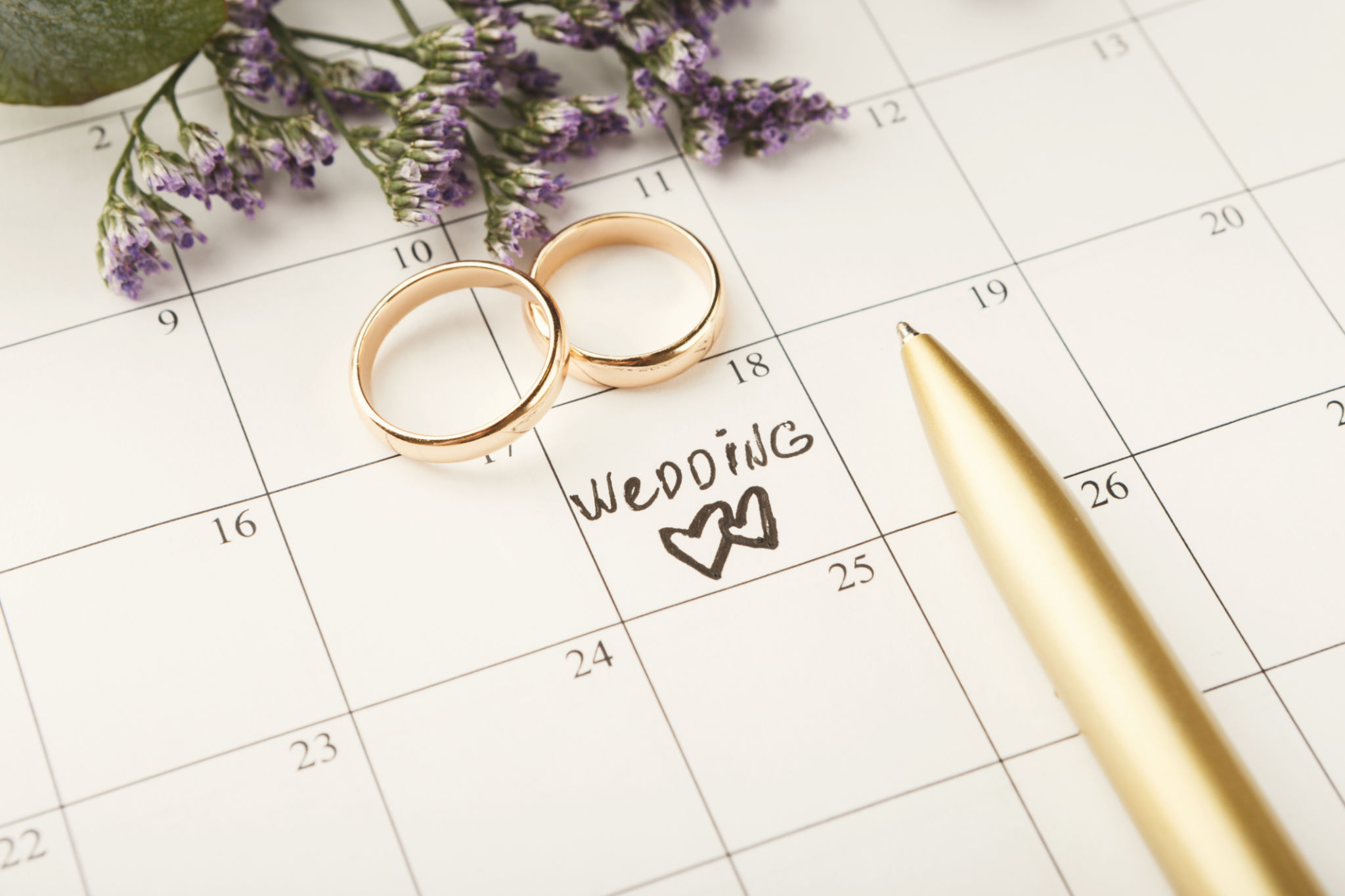Legal Requirements for Getting Married in Ohio: What You Need to Know
Understanding Marriage Licenses
Getting married is an exciting milestone, but before you can say "I do" in Ohio, there are several legal requirements you must meet. One of the first steps is obtaining a marriage license. Both parties must appear in person at the probate court in the county where one or both of you reside. If neither of you are residents, you can apply in the county where the marriage ceremony will take place.

When applying for a marriage license in Ohio, you'll need to provide valid identification such as a driver's license, passport, or birth certificate. It's important to know that the application process also requires a fee, which varies by county. Make sure to check with your local probate court for the exact amount and acceptable payment methods.
Age and Consent Requirements
Ohio has specific age requirements for marriage. Individuals must be at least 18 years old to get married without parental consent. However, if you're 17, you can marry with judicial consent and proof of counseling. It's crucial that both parties provide documented proof of their age when applying for the marriage license.
For those under 17, marriage is generally not permitted in Ohio. Exceptions are rarely made and require court approval. This is a safeguard to ensure that all parties entering into marriage are doing so responsibly and with full understanding of their commitment.

Waiting Period and Validity
Once you've obtained your marriage license in Ohio, it's valid immediately; there is no waiting period. This means you can get married the same day you receive your license if you wish. The license remains valid for 60 days from the date of issuance. If you don't marry within this timeframe, you will need to apply for a new license.
It's advisable to plan your wedding ceremony within this 60-day window to avoid any last-minute complications. Always double-check with your local probate court for any specific rules or updates that might affect your wedding plans.
Officiants and Ceremony Requirements
In Ohio, a variety of individuals are authorized to officiate weddings. These include ordained or licensed clergy members, judges, mayors, and state-licensed officiants. Make sure that your chosen officiant is legally recognized to perform marriages in Ohio to ensure your ceremony is valid.

The ceremony itself does not have specific requirements aside from being performed by an approved officiant. However, having at least two witnesses is recommended to ensure proper documentation of the marriage event. This can be particularly helpful if there are any questions about the legitimacy of your marriage later on.
Additional Considerations
Besides the legal formalities, there are other important considerations when planning a wedding in Ohio. For instance, if either party has been previously married, you'll need to provide documentation of the divorce or annulment when applying for the marriage license.
It's also wise to consider premarital counseling, which some counties may offer as part of their services. This can provide valuable insights and tools for building a strong, lasting marriage.

Finally, remember that these legal requirements are just one aspect of getting married. Planning your ceremony, reception, and future together should be a joyous experience. By understanding and preparing for the legal requirements, you can focus more on celebrating your special day with confidence and peace of mind.